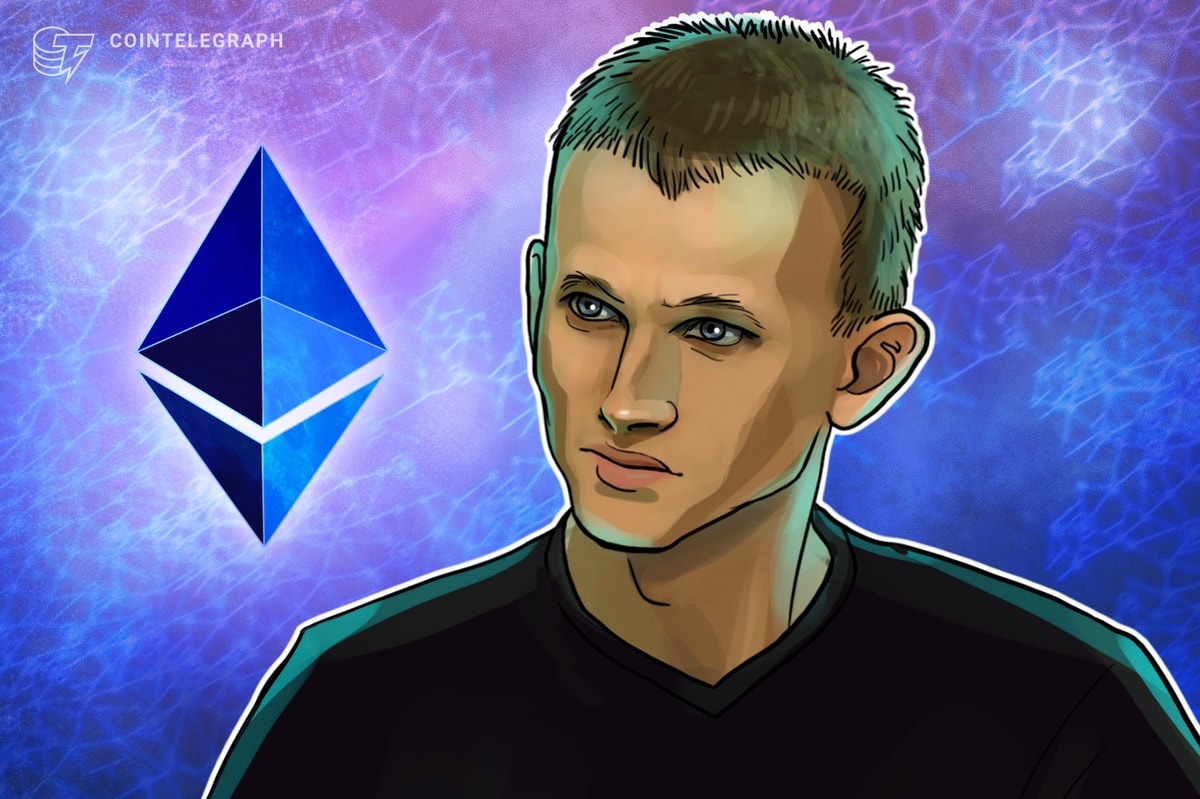As India achieves a record-high number of internet users across the world, people prefer spending more time online. As a result, the propensity of online crimes as well as abuses has also seen a dramatic jump in the past, including the excessive user traffic in browsing and transmitting Child Sexual Abuse Material (CSAM), a preferred alternative to the term ‘child pornography’.
The situation was more serious during the global pandemic and lockdown. As per the research conducted by India Child Protection Fund, the online demand for child pornography two years ago was an average of 5 million per month in 100 cities, and a vast majority of individuals were interested in generic CSAM content involving ‘school girls sex’. The demand for content with specific age groups, sexual actions and locations were growing as much as 200 per cent. Besides the rampant growth of CSAM, there are online sexual predators, paedophiles and cyber stalkers who harass or lure children into sexual abuse conducts or experiences through offline or online platforms. As a corollary of all this, National Crime Records Bureau (NCRB) records a significant increase in the cases of child sexual abuse in India every year.
To deal with serious menaces like these, India had enacted a specific child welfare legislation called the Protection of Children from Sexual Offences Act, 2012 (POCSO), which completes a decade of its commencement this year. Although this Act has provided several strict measures to prevent child abuse and to punish abusers in a time-bound manner, the true spirit of the Act has not yet been realized as it could easily be seen from the poor conviction rate and late disposal of POCSO cases.
Several petitions have been filed before High Courts and Supreme Court from time to time to ban child pornography, to pull down websites transmitting CSAM, and to direct government and intermediaries to become proactive in curbing the issue. Similarly, there have been some committees constituted at the Court and Parliament levels in the past to examine issues of online child sexual abuse and recommend appropriate measures thereupon. Despite all praising efforts, nothing much has changed on the ground and even the recommendations received have not yet been translated into action in its entirety, leaving a lot yet to be desired.
In order to reduce instances of online child sexual abuse, identification of the top-to-bottom challenges is a must. Some of the major challenges are as follows: definitional flaws in the existing text of the law, lack of reporting and awareness on cybercrime, ineffective operation of cybercrime portals, the advent of extra network facilities such as Darkweb, Virtual Private Network facilities, features of end-to-end encryption in popular apps, trans-state and trans-national linkages of the crime. Barriers like these either circumvent the existing laws or prevent law enforcement agencies to clamp down online sexual abuse activities on a regular basis.
The crying need of the hour requires the government to not only prevent the occurrence of offence pertaining to CSAM through preventive measures but also to adopt rehabilitative measures for children who are made victims of sexual experience and harassment, be it as a user, or as a subject-matter of pornographic content. In the preventive measures, there is a need to bring change (a) At the technological level: Tech industries need to develop Artificial Intelligence-based solutions to enable police in conducting dark-web investigations and proactive monitoring of CSAM. Also, as cryptocurrency happens to be the rising exchange medium of CSAM transactions, government needs to engage with blockchain companies and monitor the cryptocurrency transactions for the purpose of CSAM.
(b) At the Law making level: The POCSO Act as it stands today does not explicitly prohibit the viewing/watching of pornography material until one stores, possesses or propagates it. The Madras High Court in a matter in 2017 noted this fallacy but had also observed at the same time that even though Sections 13-15 of the POCSO Act do not prohibit viewing the CSAM but a person’s right to free expression and privacy cannot progress so much so that watching of child pornography can be allowed. The Court also noted that viewing CSAM can still be constituted as an offence if the provisions of the POCSO Act are interpreted along with the corresponding provisions of the Information Technology Act, 2000 (IT Act) with wider lenses. It is therefore apposite for the lawmakers to settle the dust on the point once and for all and provide an explicit prohibition even on viewing/watching the CSAM, along with adequate dissemination of such an amendment.
Although internet platforms or social media intermediaries continue to remain as mute spectators even today under the garb of the safe-harbour clause of Section 79 of the IT Act, so far as they are paying strict adherence to the legal requirements, the Information Technology (Intermediary Guidelines and Digital Media Ethics Code) Rules, 2021 (IT Rules), as amended in 2022 incorporates a provision that directs the intermediary inter alia to make reasonable efforts to cause the user not to host or publish any content that is obscene, pornographic, paedophilic, ethnically objectionable or is otherwise harmful to a child.
In case of any reporting of online child sexual abuse material or sexual harassment of a child, such online platforms are duty-bound to resolve the matter within seventy-two hours of such reporting. Failing which, they will get disentitled to claim protection under the safe-harbour clause.
Some of the clauses of the IT Rules 2021, although currently under challenge in Courts, do contain provisions that empower the enforcement agencies in some circumstances to trace the originator or demand details of the impugned content like many other countries have already done in the past. In India also, courts have begun piercing the veil of encryption. Telegram-like intermediaries have been compelled by Delhi High Court in the past to disclose users’ details who were accused of sharing infringing material on the messaging apps. A trend of this sort will surely arrest the uncontrolled dissemination of CSAM.
The recent draft of the Data Protection Bill 2022, although has some grey shades, is widely appraised for bringing home a provision which provides for imposing a penalty of up to Rs 200 crore if a person is found holding personal data which is likely to cause harm (including sexual harassment or content) to a child, or tracks behaviour of children, or direct targeted advertising at children.
Although the existing Cybercrime portal was launched by the Ministry of Home Affairs a few years back, to record the instances of online crimes, this portal has become the scapegoat of India’s peculiar quasi-federal structure. Contrary to what was expected, this portal acts like an eyewash and merely functions as a unified repository of a wide range of cybercrime complaints, without having any power to take action on them.
All complaints registered therein are merely forwarded to the local police, which then records the statement of the complainant afresh. Due to a poor degree of coordination between the state police and a national-level setup, the purpose of the portal seems a little compromised.
However, to address this issue, the Central Bureau of Investigation (CBI) in the past had constituted a special unit– Online Child Sexual Abuse and Exploitation (OCSAE)–for the prevention and investigation of complaints pertaining to online child sexual abuse. It also launched ‘Operation Carbon’ last year and ‘Operation Meghachakra’ this year across India to break the syndicate involved in hosting and spreading CSAM. Similarly, Maharashtra Police’s TRACE unit has acquired Crawler software from INTERPOL to track down child pornography in its ‘Operation Black Face.’ Kerala Police in the past had also launched ‘Operation Daddy’ to intensify its drive to curtail online sexual abuses. Such operations and best practices are to be adopted, emulated and encouraged by all the State/UT police, especially by their district’s Special Juvenile Police Units, a specialized unit to handle these matters.
As the CSAM-related investigation requires tactful tracing, a specific set of skills in handling evidence, there is an urgent need to keep updating the training modules of investigation and prosecution officers on the line of the latest development taking place at a technological and jurisprudential level. A corresponding backing of this measure is provided in Section 43(b) of the POCSO Act.
Furthermore, as most of the CSAM-related crimes involve multiple states and countries in the loop, India should enter into all possible international arrangements (such as InHOPE Network) with countries under similar threats to curb down the creation and spread of CSAM. The CBI OCSAE’s recent access to INTERPOL’s database–international child sexual exploitation database–is a step in the right direction.
Child victim of online sexual abuse is to be traced and be given the need of care and protection by the Special Juvenile Police Unit or local police. The government needs to ensure that compensation is provided to the victim to meet immediate needs of the child for relief or rehabilitation purposes by invoking relevant provisions of the POCSO Rules and Section 357A of the Criminal Procedure Code.
India, at this stage, stands as a beginner in dealing with the menace of CSAM. Like with the issues of terrorism, child labour, India also needs to be equally loud and bold globally in spreading and resonating zero-tolerance policy against the production, circulation, and usage of CSAM.
As the United Nations General Assembly has recently designated November 18 as the ‘World Day for the prevention of and healing from child sexual exploitation, abuse and violence’, India can reap this opportunity in garnering all possible cooperation from the international community in adopting strict measures against the fight against child pornography worldwide.
O.P. Singh is former DGP of Uttar Pradesh; former DG of CISF, NDRF and presently CEO of India Child Protection Fund. Himanshu Dixit is a Delhi-based advocate and a graduate of NLIU Bhopal.
The opinions expressed in this article are those of the author and do not purport to reflect the opinions or views of THE WEEK.
Read More: news.google.com









 Bitcoin
Bitcoin  Ethereum
Ethereum  Tether
Tether  XRP
XRP  Solana
Solana  USDC
USDC  Dogecoin
Dogecoin  Cardano
Cardano  TRON
TRON  Lido Staked Ether
Lido Staked Ether  Wrapped Bitcoin
Wrapped Bitcoin  Sui
Sui  Chainlink
Chainlink  Avalanche
Avalanche  Stellar
Stellar  LEO Token
LEO Token  Shiba Inu
Shiba Inu  Hedera
Hedera  Toncoin
Toncoin  Wrapped stETH
Wrapped stETH  USDS
USDS  Bitcoin Cash
Bitcoin Cash  Polkadot
Polkadot  Litecoin
Litecoin  Hyperliquid
Hyperliquid  Bitget Token
Bitget Token  Binance Bridged USDT (BNB Smart Chain)
Binance Bridged USDT (BNB Smart Chain)  WETH
WETH  Ethena USDe
Ethena USDe  Pi Network
Pi Network  Monero
Monero  WhiteBIT Coin
WhiteBIT Coin  Wrapped eETH
Wrapped eETH  Coinbase Wrapped BTC
Coinbase Wrapped BTC  Pepe
Pepe  Uniswap
Uniswap  Aptos
Aptos  Dai
Dai  Ondo
Ondo  OKB
OKB  NEAR Protocol
NEAR Protocol  Bittensor
Bittensor  Gate
Gate  Internet Computer
Internet Computer  Official Trump
Official Trump  Ethereum Classic
Ethereum Classic  sUSDS
sUSDS  Cronos
Cronos